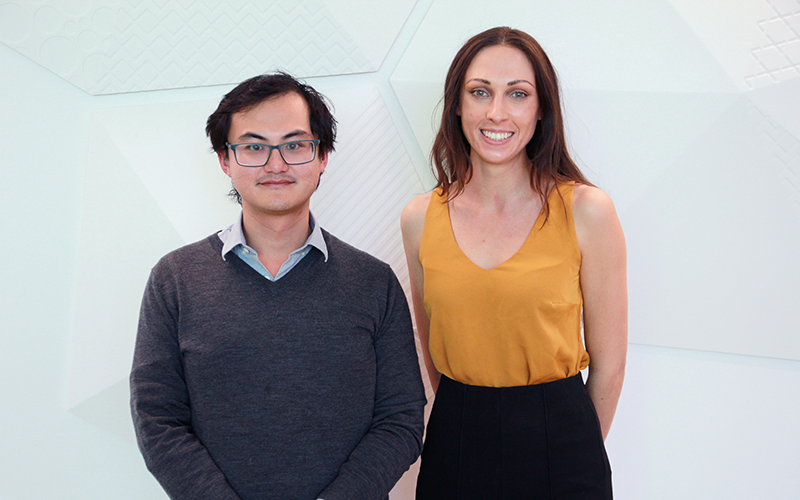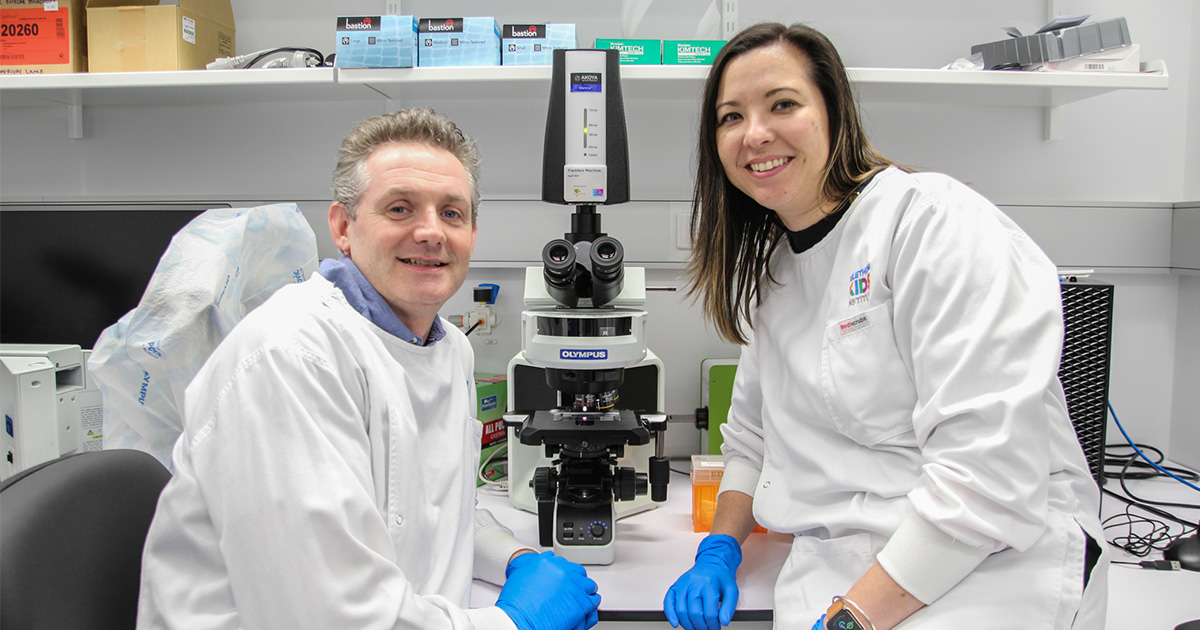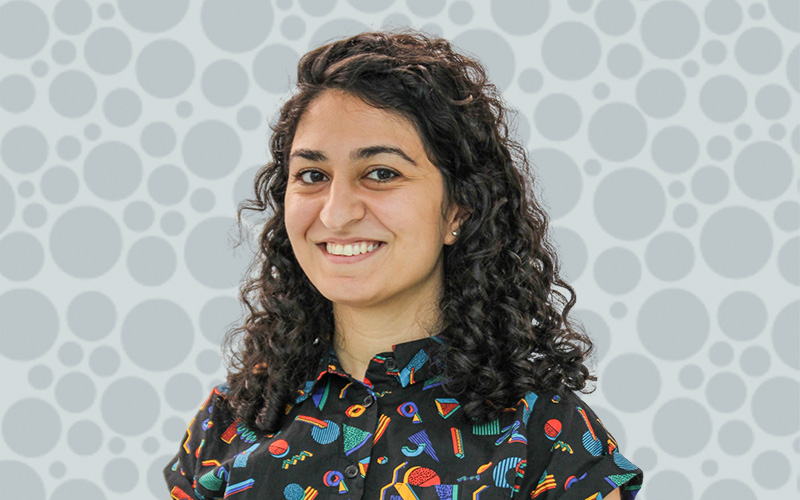Search
Research
A multi-institutional retrospective pooled outcome analysis of molecularly annotated pediatric supratentorial ZFTA-fused ependymomaZFTA-RELA (formerly known as c11orf-RELA) fused supratentorial ependymoma has been recognized as a novel entity in the 2016 WHO classification of CNS tumors and further defined in the recent 2021 edition.
Research
Identification of fatty acid amide hydrolase as a metastasis suppressor in breast cancerClinical management of breast cancer (BC) metastasis remains an unmet need as it accounts for 90% of BC-associated mortality. Although the luminal subtype, which represents >70% of BC cases, is generally associated with a favorable outcome, it is susceptible to metastatic relapse as late as 15 years after treatment discontinuation.
Research
The type II RAF inhibitor tovorafenib in relapsed/refractory pediatric low-grade glioma: the phase 2 FIREFLY-1 trialBRAF genomic alterations are the most common oncogenic drivers in pediatric low-grade glioma.
Research
Tretinoin improves the anti-cancer response to cyclophosphamide, in a model-selective mannerChemotherapy is included in treatment regimens for many solid cancers, but when administered as a single agent it is rarely curative. The addition of immune checkpoint therapy to standard chemotherapy regimens has improved response rates and increased survival in some cancers. However, most patients do not respond to treatment and immune checkpoint therapy can cause severe side effects. Therefore, there is a need for alternative immunomodulatory drugs that enhance chemotherapy.

News & Events
WA Kids Cancer Centre researchers appointed to Brain Cancer Expert Advisory PanelDr Jessica Buck and Associate Professor Raelene Endersby have been appointed to the prestigious Australian Brain Cancer Mission Expert Advisory Panel.

News & Events
Why timing matters: How tumours respond to immunotherapy treatments over timeResearchers have identified key differences between cancers that respond to immunotherapy and those that do not.

News & Events
Finding new treatments for rare brain cancers in infantsThe WA Kids Cancer Centre has secured $1.1 million in funding from the Medical Research Future Fund’s (MRFF) Paediatric Brain Cancer Research Stream 2 to develop more effective and less toxic treatments for rare brain cancers in infants.

News & Events
Researchers narrow down field of new treatments for most common childhood brain cancerCancer researchers have narrowed-down the field of immunotherapy drugs which could be used to tackle a form of childhood brain cancer.
Research
Transcriptional rewiring in CD8+ T cells: implications for CAR-T cell therapy against solid tumoursT cells engineered to express chimeric-antigen receptors (CAR-T cells) can effectively control relapsed and refractory haematological malignancies in the clinic. However, the successes of CAR-T cell therapy have not been recapitulated in solid tumours due to a range of barriers such as immunosuppression, poor infiltration, and tumour heterogeneity.
Research
Disruption of cotranscriptional splicing suggests that RBM39 is a therapeutic target in acute lymphoblastic leukemiaThere are few options for patients with relapse/refractory B-cell acute lymphoblastic leukemia, thus this is a major area of unmet medical need. Here, we reveal that inclusion of a poison exon in RBM39, which could be induced both by CDK9 or CDK9 independent CMGC (cyclin-dependent kinases, mitogen-activated protein kinases, glycogen synthase kinases, CDC-like kinases) kinase inhibition, is recognized by the nonsense-mediated mRNA decay pathway for degradation.
